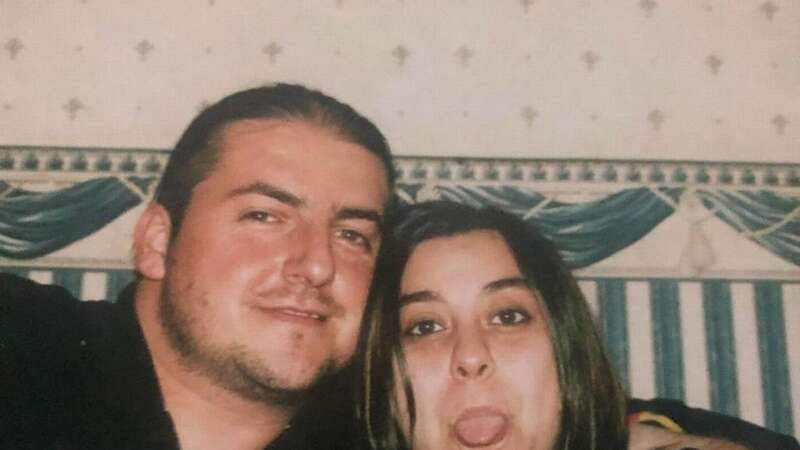A woman who died aged just 50 after a more than two hour wait for an ambulance, has left her family accusing the ambulance service of negligence.
Mum-of-one Samantha Deakin had waited 128 minutes for an ambulance to arrive at her Tunstall home before she was eventually taken to the Royal Stoke University Hospital. Now her partner John Leyland is planning to take legal action against West Midlands Ambulance Service.
The former first aider had first called 999 at 4pm on November 26 after discovering signs of severe bloating, which he suspected was a sign of an internal bleed. John, 55, told Stoke on Trent Live: “From my knowledge, I thought the bloating was from an internal bleed. I contained her on the settee and called for an ambulance. There was not a chance of bringing her in myself as she was too ill to move.
“At the end of the 999 call, they said if she got any worse to call them back. I was in the same room - I could see her deteriorating rapidly. She was worrying about the pain and the ambulance.” John made a second 999 call at 4.18pm.
He added: “She had got worse and I said to them they really needed to come now. I was so worried. Her colour had drained out of her, she was struggling to breathe shallow breaths.
 Brit 'saw her insides' after being cut open by propeller on luxury diving trip
Brit 'saw her insides' after being cut open by propeller on luxury diving trip
"The pain, I can't imagine how much pain she was in. I was reassuring Samantha, sitting as calmly as I could but inside I was really worried.” John made a third 999 call at 4.48pm.
He added: “By now, Samantha could hardly talk. They asked if I could bring her in but I had said in the first call that I couldn’t. They said again at the end of the call that if she gets any worse to give them a ring" It was a 128-minute wait until paramedics finally arrived.
John added: “She went into the ambulance. The last time I saw her I said to Samantha, ‘I love you, see you at the hospital.’.”
Samantha vomited blood and suffered a cardiac arrest on her way to the Royal Stoke. Paramedics resuscitated her but she died at the hospital following a second cardiac arrest. John was just 15 minutes behind.
He added: “When I got to the hospital, I found out she had died from internal bleeding. I was in a trance. It was all surreal. I’d got her handbag and slippers in a carrier bag and walked out of the hospital. A late ambulance, three calls stipulating the high level of rapid response required, and then having to walk 13 yards. While she was in my care, while contained on the settee, during the wait she was in significant pain but never felt sick.
“We’re all devastated. From my point of view, watching her in the lead up to the ambulance, and the last time I saw her, I can hardly imagine what she was thinking. She waited all that time for an ambulance wishing it would come. In there she starts vomiting blood, frightened out of her wits, and wishing I was there.
"My life has stopped, over. I just want justice for her. For all the negligence on that day. She died in pain and frightened out of her wits.”
Latest figures show the ambulance service lost 870 hours of ambulance time in handover delays on the day of Samantha's death. That's the equivalent of taking 72 ambulances off the road in one day.
An ambulance service spokesman said: “We would like to offer our sincere condolences to the family of Ms Deakin for their loss. We received a call at 4pm on 26 November which was categorised as a category 2 call. We received further calls at 4.18pm and 4.48pm which were also categorised as category 2 calls. An ambulance arrived at 6.08pm and transported the patient to hospital.
“We are seeing some patients wait a very long time for ambulances to arrive as a result of long hospital handover delays. The pressures we are seeing in health and social care means that when our crews arrive at A&E they are unable to handover patients to hospital staff and therefore cannot respond to the next patient in the community.
 Cowboy gored to death by bull in New Year's Eve rodeo tragedy
Cowboy gored to death by bull in New Year's Eve rodeo tragedy
“If there are long hospital handover delays, with our crews left caring for patients that need admitting to hospital, they are simply unable to respond to the next call, which can impact on the care of the patient in the community.”
Read more similar news:
Comments:
comments powered by Disqus


































